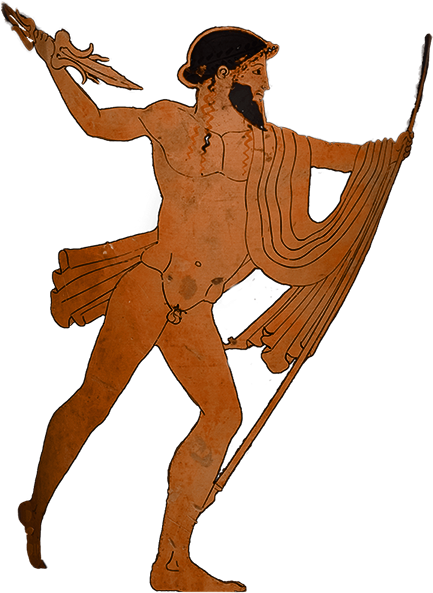Agamemnon is a character from Greek mythology, particularly known for his role in the Trojan War, as described in the ancient Greek epic poem, the "Iliad" by Homer. He was the son of King Atreus and Queen Aerope of Mycenae and the brother of Menelaus, who would later become the husband of Helen, the famous face that launched a thousand ships.
Agamemnon was the leader of the Greek forces (Achaean or Argive) during the Trojan War. He played a significant role in the events leading up to the war, as well as during the war itself. Notably, he was involved in the sacrifice of his daughter, Iphigenia, to appease the goddess Artemis and gain favorable winds for the Greek fleet to sail to Troy. This act is a prominent element in Greek tragedy and mythology.
Agamemnon's return from the Trojan War and the events surrounding it are also the subject of several tragic plays by Aeschylus, collectively known as the "Oresteia." In these plays, Agamemnon's murder by his wife, Clytemnestra, and the subsequent revenge and turmoil within the family are central themes. The most famous of these plays is "Agamemnon."
Agamemnon's character and story have had a lasting impact on literature, drama, and mythology, and they continue to be studied and adapted in various forms of art and literature.

